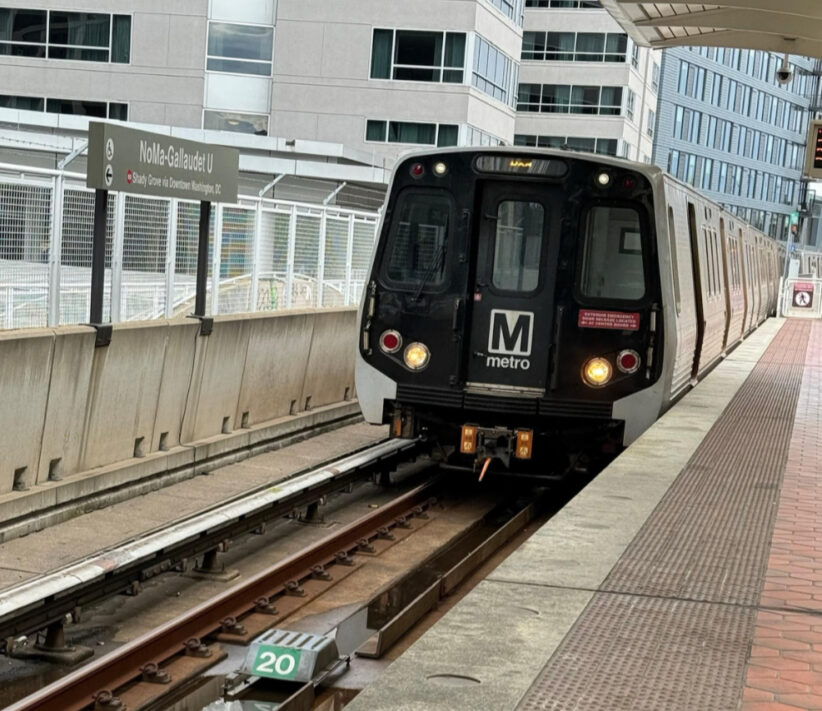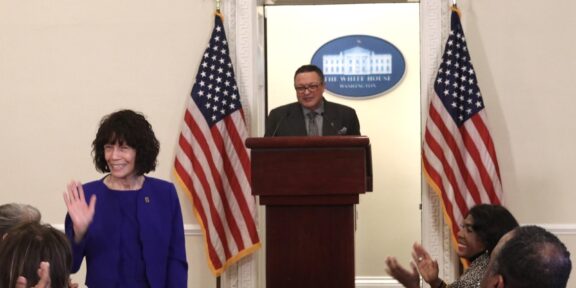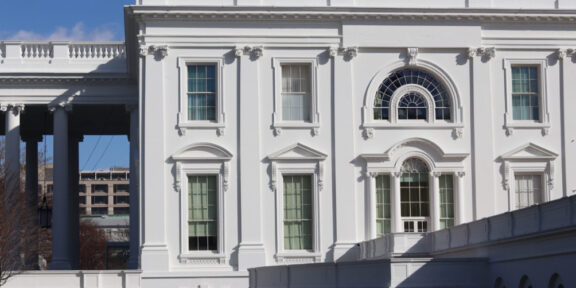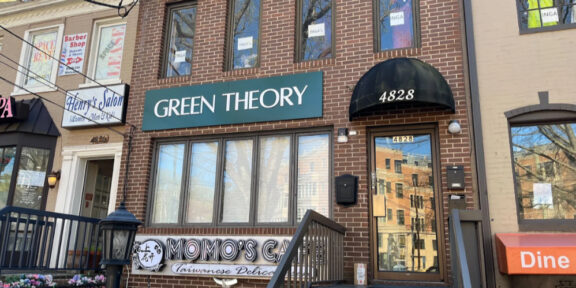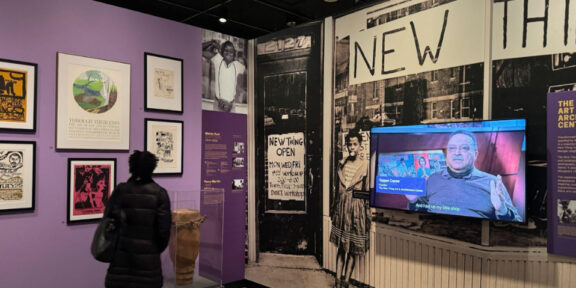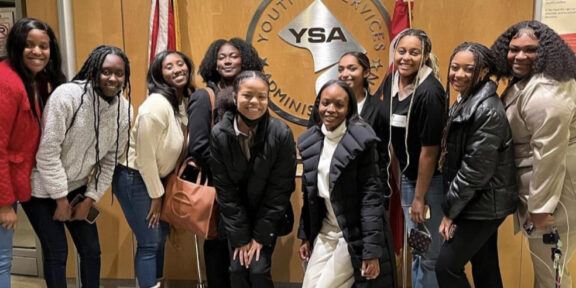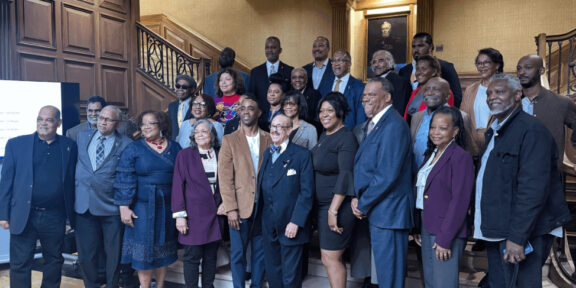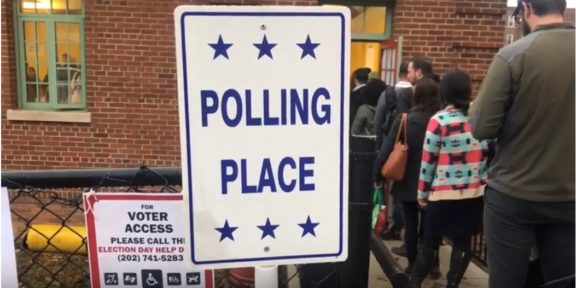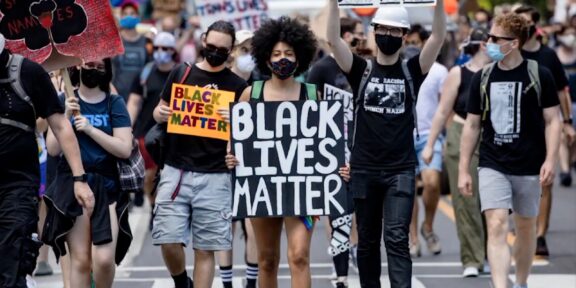By Joy Young
Stricter regulations went into effect to combat fare evasion on the Metrorail, according to an announcement made by the Washington Metropolitan Area Transit Authority (WMATA) last month.
The guidelines, which went into effect on March 11, include a $100 civil citation to residents who do not pay their fare or the arrests of those who refuse to give Metropolitan Police officers their official name and address.
Before these regulations were implemented, residents who were apprehended were asked to either pay for the Metro or leave the station.
The new Metro regulations come shortly after the Secure D.C. Omnibus Amendment Act was passed by the D.C. Council on March 5, proposing a multi-pronged approach to lowering crime statistics in D.C.
Though the regulations were enforced to make the Metro safer, residents are afraid that it will become inaccessible for some and that financially vulnerable populations will be more susceptible to arrest.
The act also includes an increased penalty for assaulting Metro operators and employees, increased gun violence penalties, and allowing police to collect DNA samples before suspects are convicted.
“We have already seen a reduction in fare evasion and expect the higher gates will be more of a deterrent,” stated Randy Clarke, Metro General Manager and Chief Executive Officer, in a WMATA press release. “The bottom line is fare evasion is not okay, and we will continue our efforts to ensure everyone is respecting the community’s system and each other.”
WMATA’s 55-inch gates prevent passengers from jumping the fare gates at nearly every station in the Washington, D.C., area, including the Shaw, Bethesda, Mt. Vernon Sq. and Addison Rd. Stations.
Meril Jones, a Bethesda resident of five years, says the new gates feel “petty.”
“There’s a lot of safeguards being put in place to ensure that people pay $2,” he said. “I feel like the money going towards new fare installations and heightened security would be better used to improve the conditions of the Metro, especially in terms of cleanliness and efficiency.”
Durant Magee, a WMATA officer at the NoMa-Gallaudet Station, says that he has seen the effectiveness of the combination of the new fare gate and heightened security in deterring fare crime.
“I would constantly watch people jump the gates before, usually double digits in one hour,” he said. Now, I’ll see people come in, see the new gates, and have that look of, ‘Oh man’ on their face. They’ll usually pay or leave, and in some cases, they’ll try to scale the emergency exit door.”
Bryant Smalls, a junior computer science major at Howard University, shares concern about the enforcement’s impact on his work commute.
“I’m not going to lie, I would jump the gates sometimes on my way to work if I forgot my Metro card,” said Smalls, who lives in the Shaw neighborhood, an hour-long bus ride from his workplace in Georgetown.
Smalls said he often uses the Metro for faster transportation.
“I think Howard is the only college that doesn’t have a partnership with WMATA that provides students with credit for the Metro, so I’m paying for these trips out of my own pocket,” he said. “I work almost every day, and that fare adds up quickly. If they’re going to enforce these regulations, they should make programs accessible to those who can’t pay the fee.”
Kym Bridgers, Director of Howard’s Bison One card program, said that the university understands the importance of accessible transportation options and is currently working with WMATA to provide a U-Pass program to Howard.
“Our goal is to create a sustainable and mutually beneficial arrangement that meets the needs of our students while aligning with the university’s objectives,” she said.
Cindy Fletcher, a D.C. resident, believes the new regulations are criminalizing poor people.
“Obviously, people are hopping the gates because they can’t afford to pay the $2.00 fare,” she said. “If they can’t afford that, how would they be able to afford the $100 fine or bail money?”
The transit authority does provide a 50% discount for low-income residents who qualify for SNAP (Supplemental Nutrition Assistance Program called Metro Lift, along with reduced fare programs for children called Kids Ride Free. However, the process to get approved for the program may take any time from six weeks to a couple of months.

